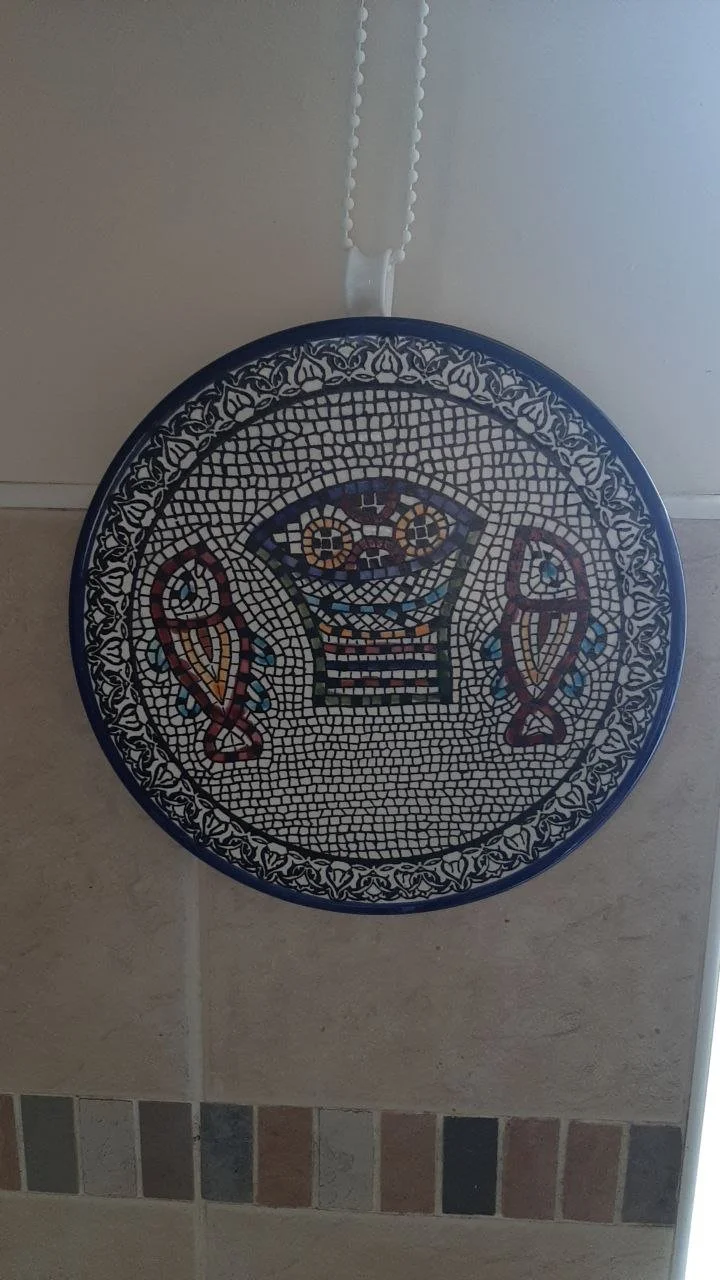By Pastor Brian Phillips
In the early to mid-twentieth century, several authors produced works that have been labeled as “social prophecy,” science fiction, and “dystopian” novels. Each of them delivered sober warnings about the direction of culture with particular emphasis directed toward politics, education, medicine, technology, and human relationships.
The most influential authors of this genre were Aldous Huxley, George Orwell, and Ray Bradbury. Huxley’s Brave New World appeared in 1932, Orwell’s 1984 were released in 1961, and Bradbury’s Fahrenheit 451 appeared in its full form in 1953 (being previously published as a short story entitled “The Fireman” in 1950). Each of these works has proven to be eerily accurate in its own right.
American culture has been introduced to a system of “newspeak” (1984), seen in the unwritten list of things people are no longer allowed to say under the guise of protecting basic rights. The same types of censorship occur in a slightly different, yet equally systematic way in Fahrenheit 451, as “firemen” burn books and arrest their owners to prevent people from thinking well or feeling powerful emotion. Huxley’s Brave New World – overall, perhaps the most accurately prophetic – is created not by the active removal of books and thought, but through the creation of a people who do not want to read in the first place. Books are no threat to the state if no one reads them. So, the people are lulled into a stupor through a never waning dependence upon prescription drugs and technological entertainment.
Regarding human interaction and education, Fahrenheit 451 speaks volumes and provides much fodder for thought about the current state of things. Early in the text, the fireman, Guy Montag, and his seemingly unusual young neighbor, Clarisse, have a lengthy conversation in which she makes the following observations about what it means to be social under the constraints of modern education.
“Why aren’t you in school? I see you every day wandering around.” “Oh, they don’t miss me,” she said. “I’m antisocial, they say. I don’t mix. It’s so strange. I’m very social indeed. It all depends on what you mean by social, doesn’t it? Social to me means talking to you about things like this…Or talking about how strange the world is. Being with people is nice. But I don’t think it’s social to get a bunch of people together and then not let them talk, do you?”
Clarisse goes on to describe the mind-numbing curriculum at school: “…do you know, we never ask questions, or at least most don’t; they just run the answers at you…It’s a lot of funnels and a lot of water poured down the spout and out the bottom, and them telling us its wine when it’s not.” That’s life at school.
What about life outside of school? What happens to students who are “educated” in that type of environment? Clarisse has some comments about this as well. She goes on to tell Montag:
“They run us so ragged by the end of the day we can’t do anything but go to bed or head for a Fun Park to bully people around, break windowpanes in the Window Smasher place or wreck cars in the Car Wrecker place with the big steel ball. Or go out in the cars and race on the streets…I guess I’m everything they say I am, all right. I haven’t any friends. That’s supposed to prove I’m abnormal. But everyone I know is either shouting or dancing around like wild or beating up one another. Do you notice how people hurt each other nowadays?”
Obviously, Clarisse’s commentary on her own educational experience is tragic, yet it causes the modern reader to cringe because it so closely resembles the current state of education in America.
What could cause such a state? Too often, people note symptoms of the sickness in modern education – behavioral issues, lowered standards, the vanishing ability to think well, shrinking test scores, etc. – and ignore the disease itself. The symptoms are easily diagnosed; the disease is not.
The disease or cause, to leave the medical metaphor, is rooted in the soul or lack thereof in modern education. Bradbury’s picture of education is inevitable, if children are viewed and treated as soulless beings (worse yet, soulless animals). The goal of education is the transformation of the soul into maturity and the modern system, due to a plethora of political and societal pressures, must proceed on one of two assumptions: either that students have no soul to nurture or, if students do have souls, it is not the job of the school to nurture it.
Both assumptions produce the same result – starvation of the soul. Such is the state of modern education, thanks to the contributions of men like Darwin, Dewey, and Marx. No “firemen” were required.
























